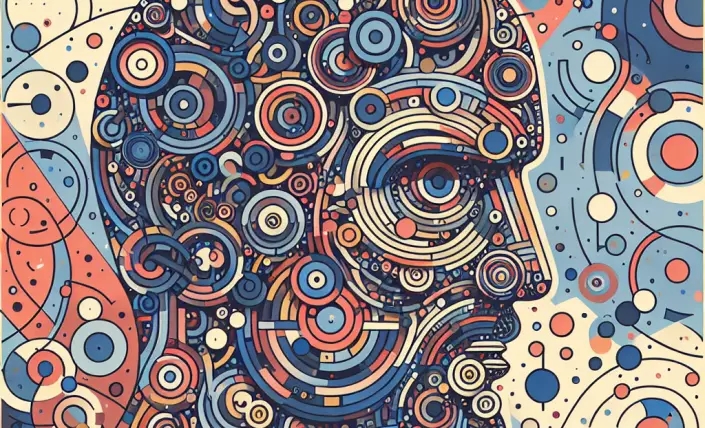In an era where chaos often reigns supreme, the wisdom of Confucius offers a beacon of harmony and order. At the heart of Confucian philosophy lies the concept of 'Ren' – often translated as 'benevolence' or 'humaneness.' This central tenet of Confucian thought is not just a call for kindness, but a profound guide for living in a world that frequently feels disjointed and fragmented.
The idea of Ren extends beyond mere altruism; it encapsulates a holistic vision of understanding and empathy that is crucial for the formation of a harmonious society. In Confucian philosophy, Ren is the foundation upon which ethical relationships and social order are built. It emphasizes the importance of cultivating one's character and virtues to foster a sense of mutual respect and understanding. Ren is not a passive quality; it requires active engagement with the world and the people in it. It asks us to transcend our individual desires and consider the needs and perspectives of others. By doing so, we create a network of relationships that are grounded in trust and reciprocity.
Confucius believed that a harmonious society begins with the individual. This is where the concept of 'Li,' or ritual propriety, comes into play. 'Li' refers to the etiquette, customs, and rituals that govern social interactions. For Confucius, these rituals are not mere formalities but are essential practices that shape one's moral character and foster social harmony. By adhering to 'Li,' individuals learn to express Ren in their everyday interactions, thus reinforcing the social fabric that binds communities together. In a chaotic world, the practice of 'Li' serves as a stabilizing force, reminding us of the importance of respect, civility, and tradition.
Moreover, the Confucian ideal of the 'Junzi,' or 'gentleman,' presents an aspirational model for individuals seeking to navigate the complexities of modern life. The Junzi is characterized by virtues such as integrity, righteousness, and humility. This model of moral excellence is not confined to any particular social class but is accessible to anyone willing to commit to the lifelong pursuit of self-cultivation. The Junzi serves as a moral compass, guiding individuals to act with honor and integrity, even in the face of adversity. In a world where ethical leadership is often lacking, the principles embodied by the Junzi are more relevant than ever.
Confucian philosophy also emphasizes the importance of education and continuous learning as a means of personal and societal development. Confucius viewed education as a transformative process that not only imparts knowledge but also cultivates moral virtues. In this view, learning is a lifelong journey that enriches the individual and, by extension, the community. In a rapidly changing world, the Confucian commitment to education serves as a reminder of the enduring value of wisdom and reflection.
Ultimately, the teachings of Confucius challenge us to reconsider our place within the broader tapestry of humanity. In a world rife with division and discord, the pursuit of Ren, Li, and the virtues of the Junzi offers a pathway to greater harmony and understanding. By embracing these principles, we can transcend the limitations of our individual perspectives and contribute to the creation of a more just and compassionate society. The wisdom of Confucius invites us to reflect deeply on our actions and their impact on the world, urging us to cultivate a sense of empathy and responsibility that extends beyond our immediate concerns.










